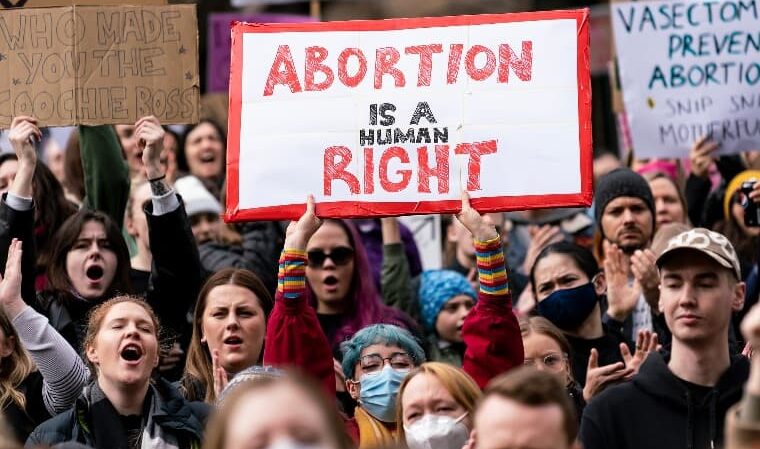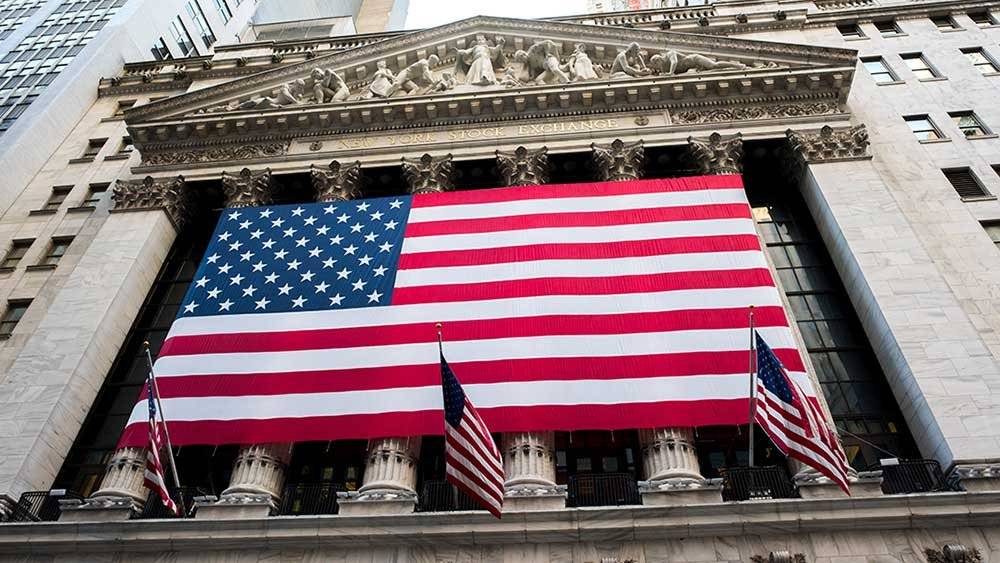US-China EV trade in 2024, when tariffs and strategic policies fuel the race for clean transportation supremacy.
By Joseph White, Chris Kirkham, and Nora Eckert.
DETROIT (Reuters) – The Biden administration’s plan to impose steep new tariffs on Chinese electric vehicles and batteries would give temporary relief for American auto workers, but it also jeopardize the White House’s efforts to combat climate change by speeding US EV adoption.
Since few Chinese-made electric vehicles (EVs) are now available in the US, economists predicted that higher EV tariffs would have little immediate effect on consumers.
Additionally, the White House intends to raise taxes on Chinese EV batteries and battery parts by more than three times to 25%. New 25% taxes would be applied to minerals used in electric vehicle engines, including graphite, and permanent magnets. These levies may impact a wider variety of cars.
The government of US President Joe Biden proposed tailpipe emission rules in April, to increase the share of electric vehicles from 8% last year to up to 56% by 2032. Automakers have warned that meeting the EV targets will be difficult, in part because different Biden administration policies prohibit federal subsidies for EVs with too much content from China.
Automobile manufacturers have warned that without access to lower-cost batteries and battery materials manufactured in China, EVs will be prohibitively expensive for mainstream US consumers.
In 2021, American automakers exported 155,337 vehicles to China worth $6.3 billion, according to current U.S. government data. In the same year, China sent less than 64,067 vehicles worth at $1.45 billion to the United States. The majority of cars exported from China were sold under US labels, the General Motors’ Buick a subsidiary heading the way.
Four car lines are currently made in China and sold in the US: Polestar 2, the Ford Lincoln Nautilus SUV, the Buick Envision SUV, and the Volvo S90 sedan. This information comes from government statistics. Geely, a Chinese automaker, has subsidiaries called Polestar and Volvo.
Retaliatory tariffs by China on US autos might hurt employees at the Mercedes-Benz SUV plant in Alabama, which produces electric SUVs sold in the largest market in the world, or the BMW factory in Spartanburg, South Carolina, which exports about 25,000 cars to China annually.
Industry leaders and several experts stated that a trade war centered on clean technology between the US and China may also raise the price of EVs, batteries, and other EV components, maintaining the high price of EVs overall.
EVs with American brands, such as the Tesla Model 3 and Mustang Mach-E, have between 30% and 51% Chinese material, according to data from the US Department of Transportation.
“The Chinese supply chain currently leads the world in terms of batteries, mining, and technological integration.
Stella Li, who oversees Chinese EV and battery manufacturer BYD’s activities in the Americas, declared at the Milken Conference last week that “it’s the best.” “Why don’t you allow a U.S. company to have the freedom to choose the best supplier?”
Even before Biden’s intervention on Tuesday, electric vehicles had become a focal point in the US presidential contest. EVs have become emblematic in partisan discussions over climate policy and how the United States should respond to China’s attempts to dominate crucial technologies in the twenty-first century.
Democrat Joe Biden and his expected Republican opponent Donald Trump disagree on almost everything except the use of high tariffs and other trade barriers to keep Chinese EV manufacturers out of the US market. Biden and Trump believe that anti-China trade measures will appeal to voters in swing states like Michigan, Wisconsin, and Pennsylvania, which rely on manufacturing jobs.
A PAGE FROM CHINA’S PLAYBOOK
Regarding whether further trade barriers will eventually benefit US manufacturers or consumers, experts are divided.
“The tariffs buy important time,” noted analyst Michael Dunne, who has studied China’s auto sector for many years. “The U.S. is between five and seven years behind China when it comes to electric vehicles and batteries supply chains.” In the 1990s and 2000s, China shielded its automakers, according to Dunne. “U.S. political leaders could rightly say we are just borrowing a page from China’s playbook.”
Reducing pressure from Chinese EV manufacturers, according to advocates of speeding the adoption of EVs to reduce greenhouse gas emissions in the United States, will backfire.
In the long run, Detroit automakers shielded from Chinese competition might repeat the experience of the 1970s and 1980s, when import restrictions on Japanese automobiles offered an insurance policy against low-cost competitors for domestic automakers.
Trade barriers prompted Toyota, Honda, and Nissan to introduce their lean production processes into newly constructed facilities in the United States. The 1990s saw General Motors, Ford, and the previous Chrysler, now known as Stellantis, suffer severe overhauls and thousands of job losses due to the success of Japanese automobiles manufactured in North America.
For established American automakers, BYD’s recent statement that it intends to construct an electric pickup truck in Mexico turns an imagined threat into a tangible one. If an electric vehicle (EV) built in Mexico has enough parts made in North America, it may be eligible for tariff-free entrance into the US market.
“General Motors, Ford, and Stellantis won’t produce EVs if they are not forced to compete with overseas manufacturers of the vehicles. Market share will shift to BYD. According to Daniel Becker of the Center for Biological Diversity, an environmental organization that has pressed the Biden administration for stricter climate laws, “And the Americans will lose market share like they did in the 1970s.”
China’s reaction to the Biden tariff actions is unclear. China retaliated with hefty levies on French cognac after Europe threatened to increase tariffs on electric vehicles produced in China.
The possibility that Chinese authorities would make life worse for the Detroit automaker’s Chinese operations, which saw a decline in profits during the first quarter of this year, was minimized by GM President Mark Reuss last week. GM’s two most popular American brands in China are Chevrolet and Buick.
“For us in China, this has been a great advantage for us to be partnered so deeply for so many years with our JV partners,” Reuss stated. According to Reuss, Buick is regarded as both an American and a Chinese brand in China.
“It’s not as clean or as crisp as you might indicate from a more global, geopolitical standpoint,” he said.
(Reporting by Joe White in Detroit; Additional reporting by Chris Kirkham in Los Angeles and Nora Eckert in Detroit; Editing by Brian Thevenot and Matthew Lewis)
Read More..
TSLA : Reports Quarterly Earnings This Week

Mike Neon is a seasoned journalist specializing in United States news, known for his comprehensive coverage of national affairs and current events. With a career spanning 5 years in journalism, Mike has established himself as a reliable source of accurate and insightful reporting. His articles delve deep into political developments, social issues, and cultural trends shaping the United States today. Mike Neon’s dedication to providing balanced perspectives and in-depth analysis ensures that readers stay informed about the latest developments that impact the nation.






